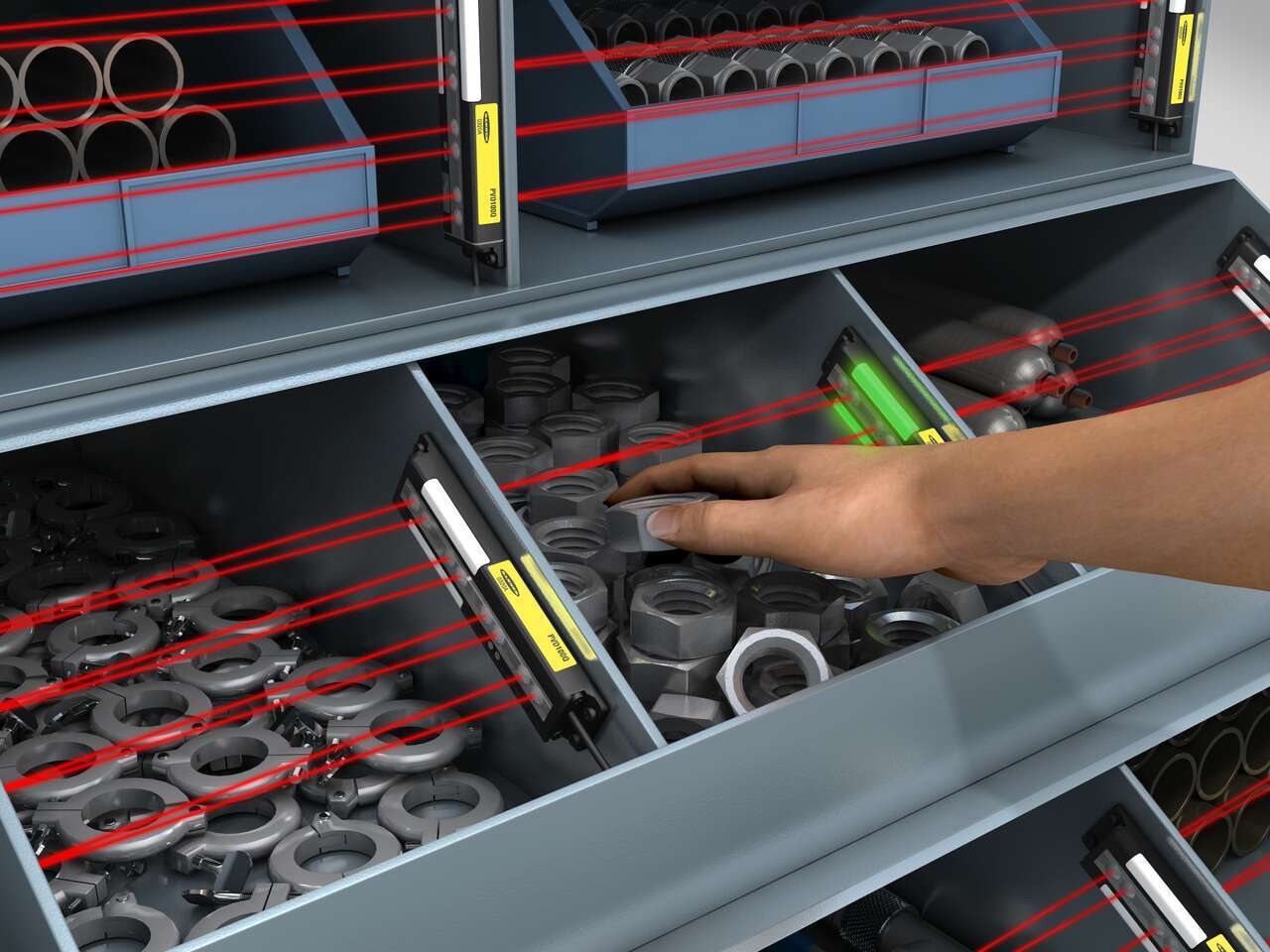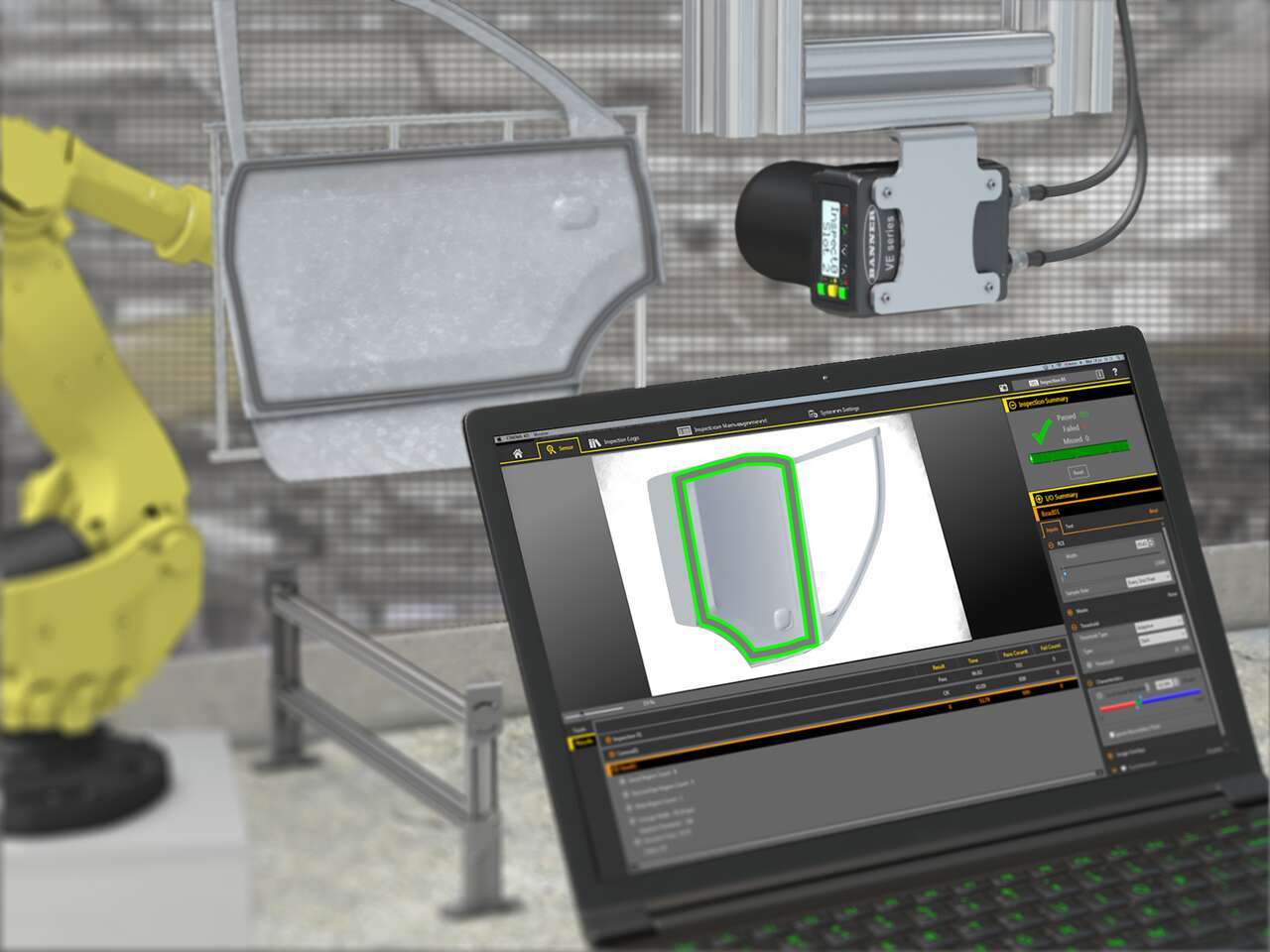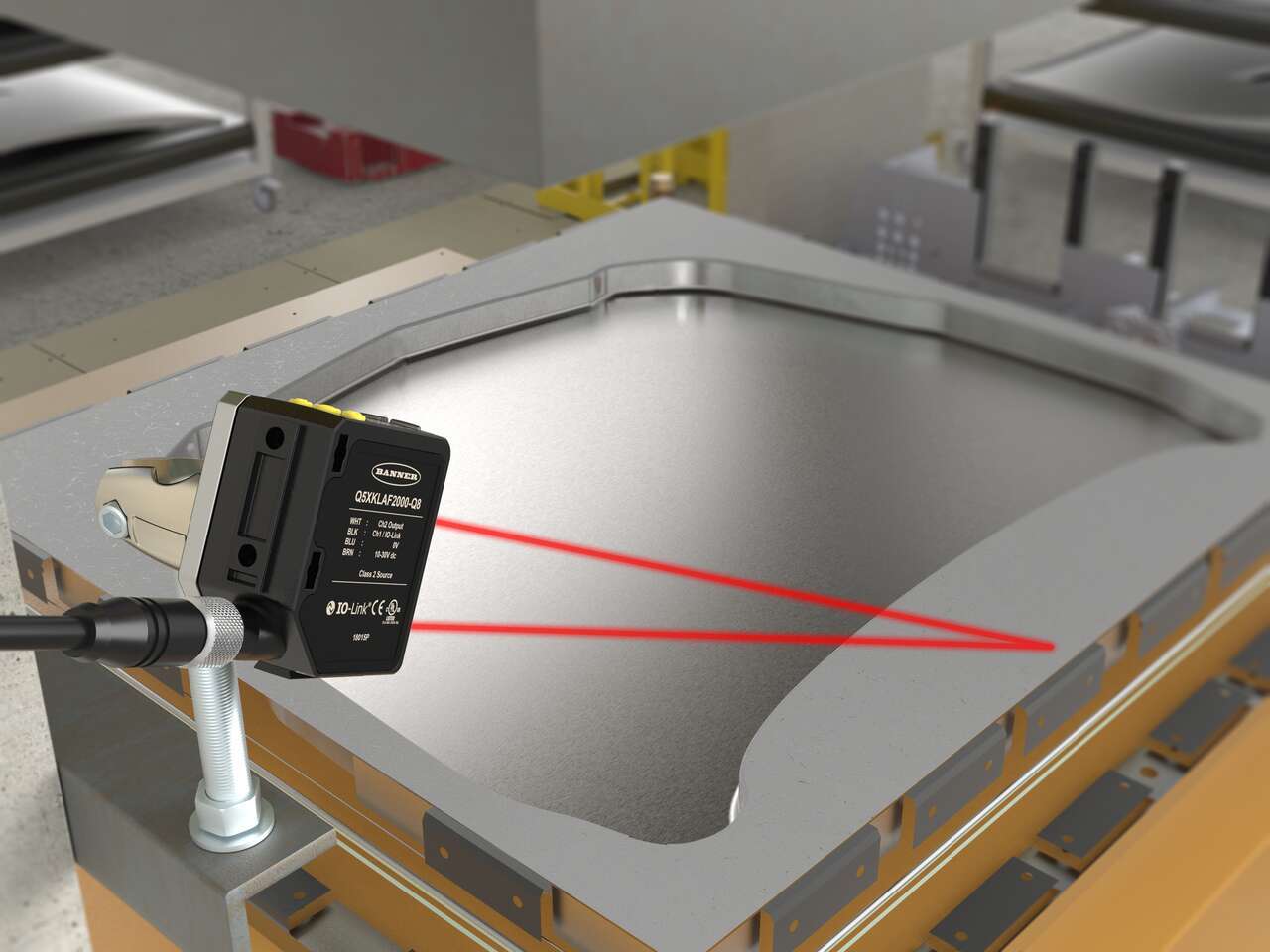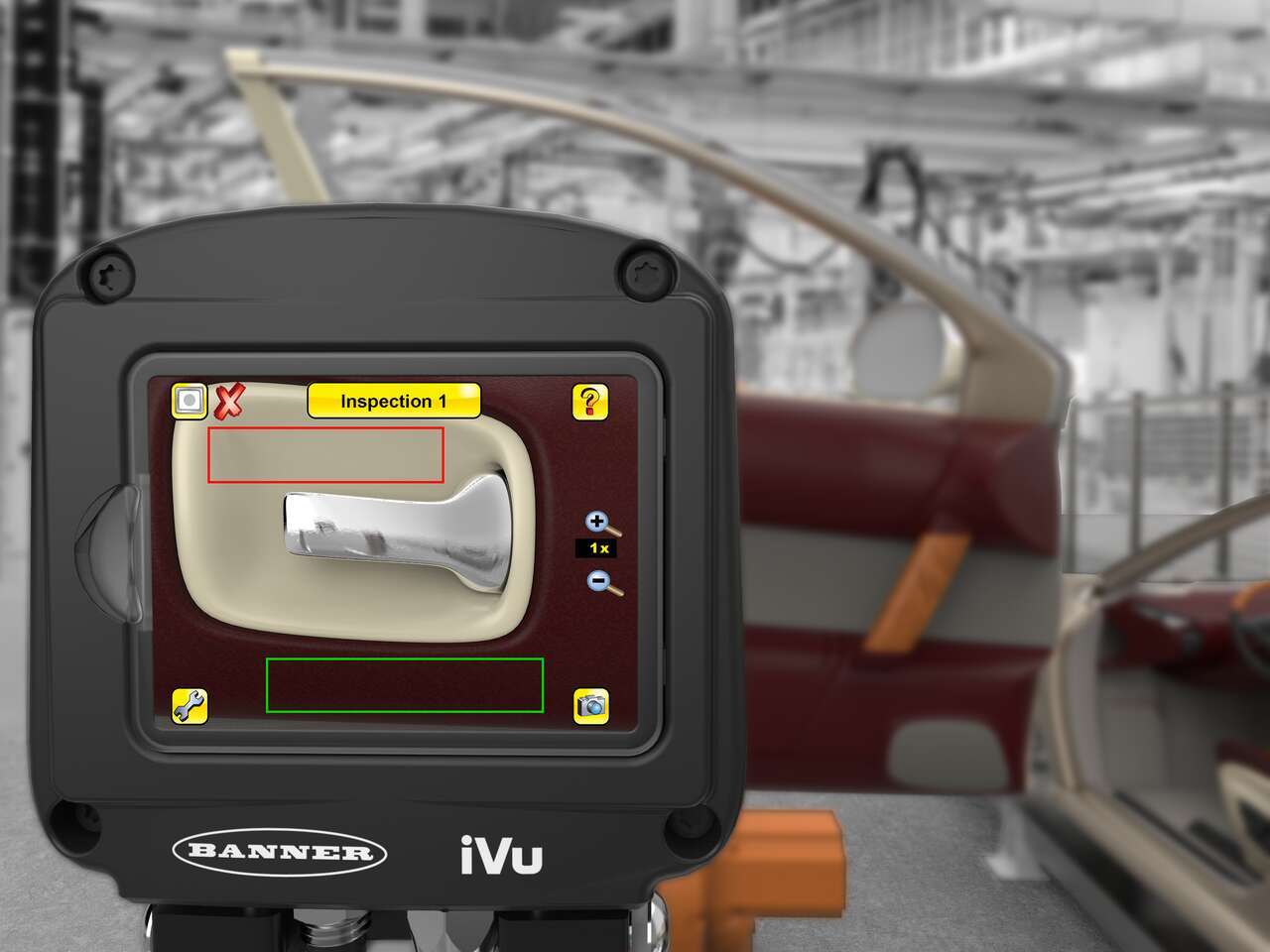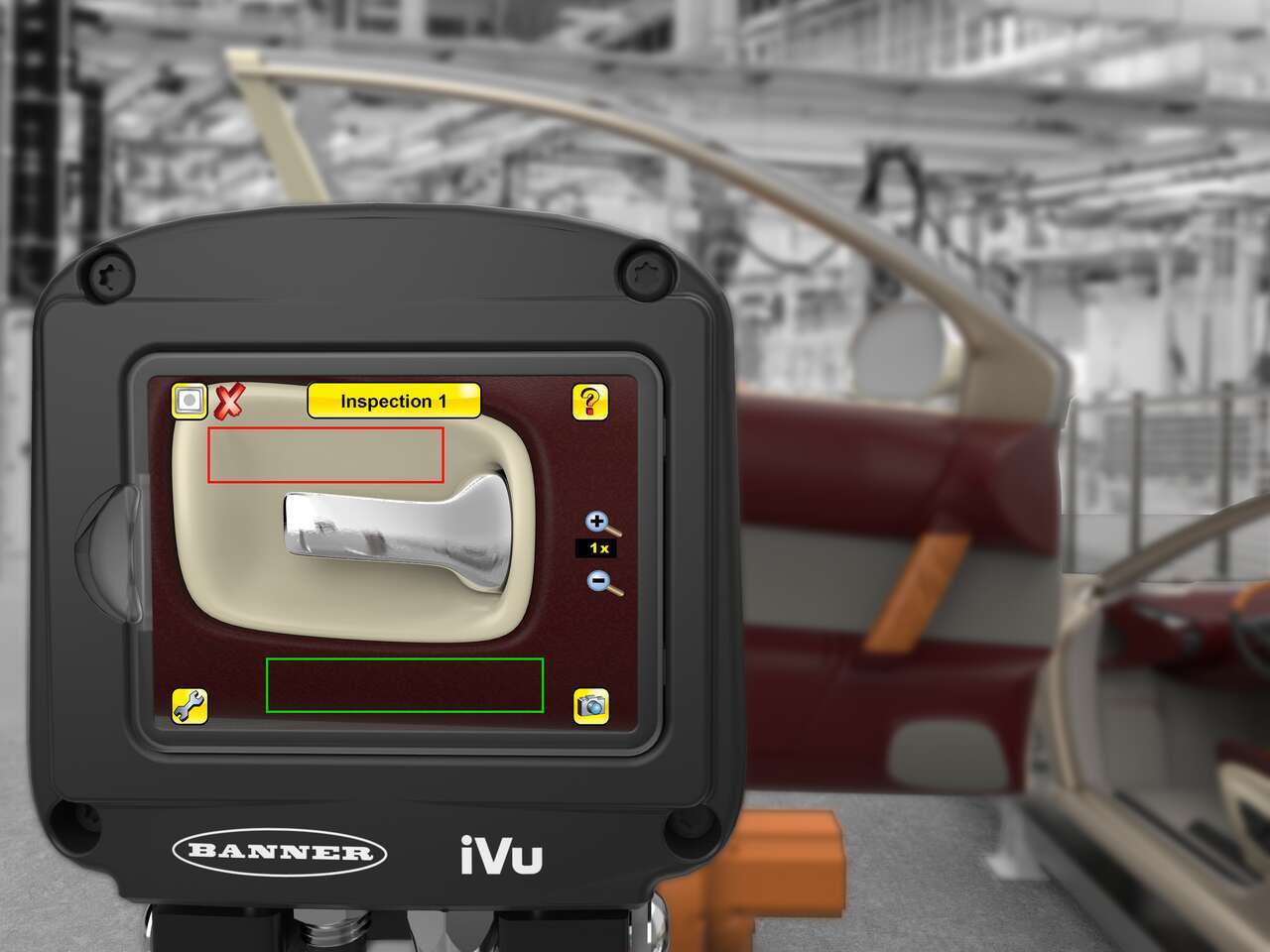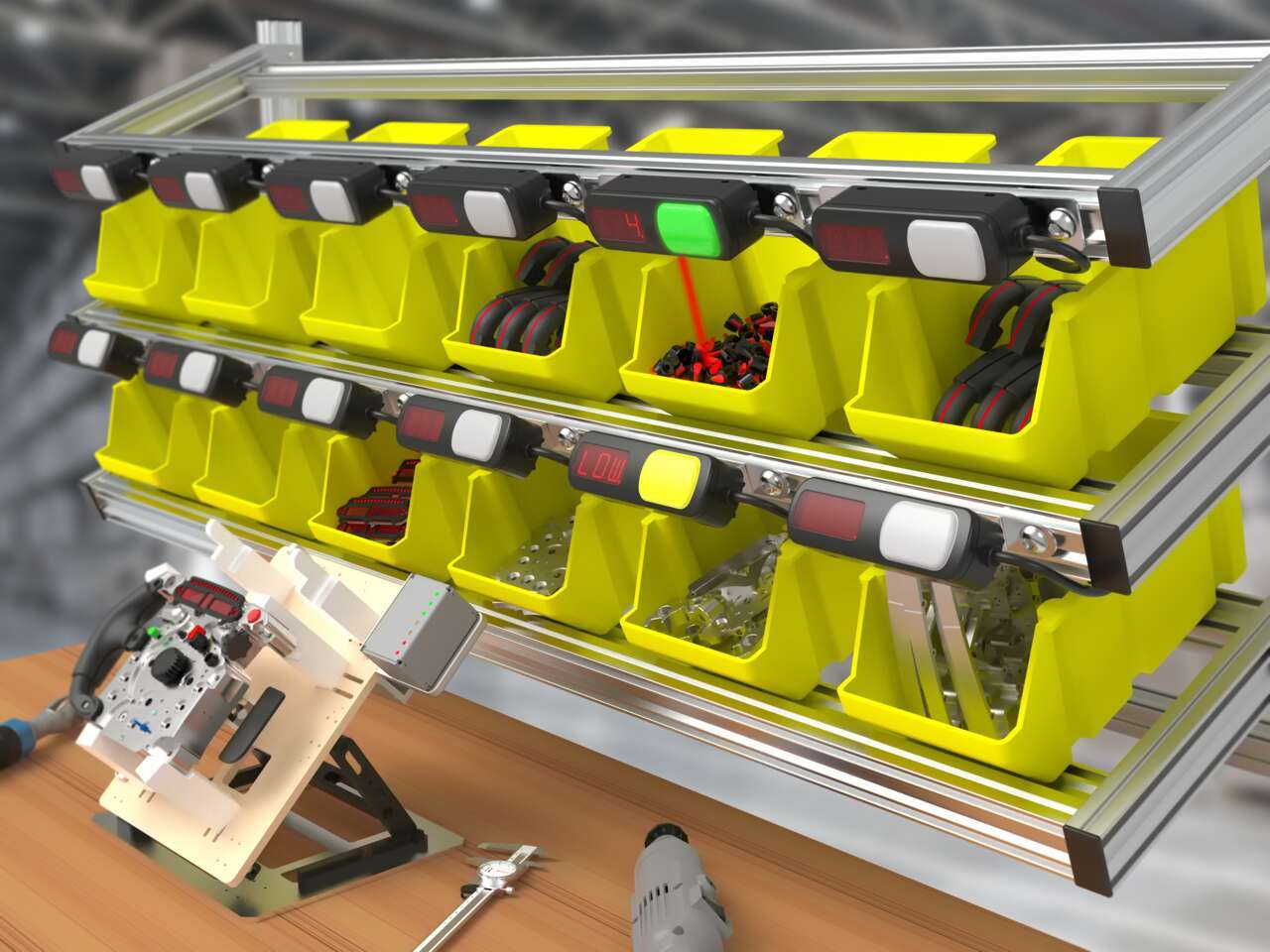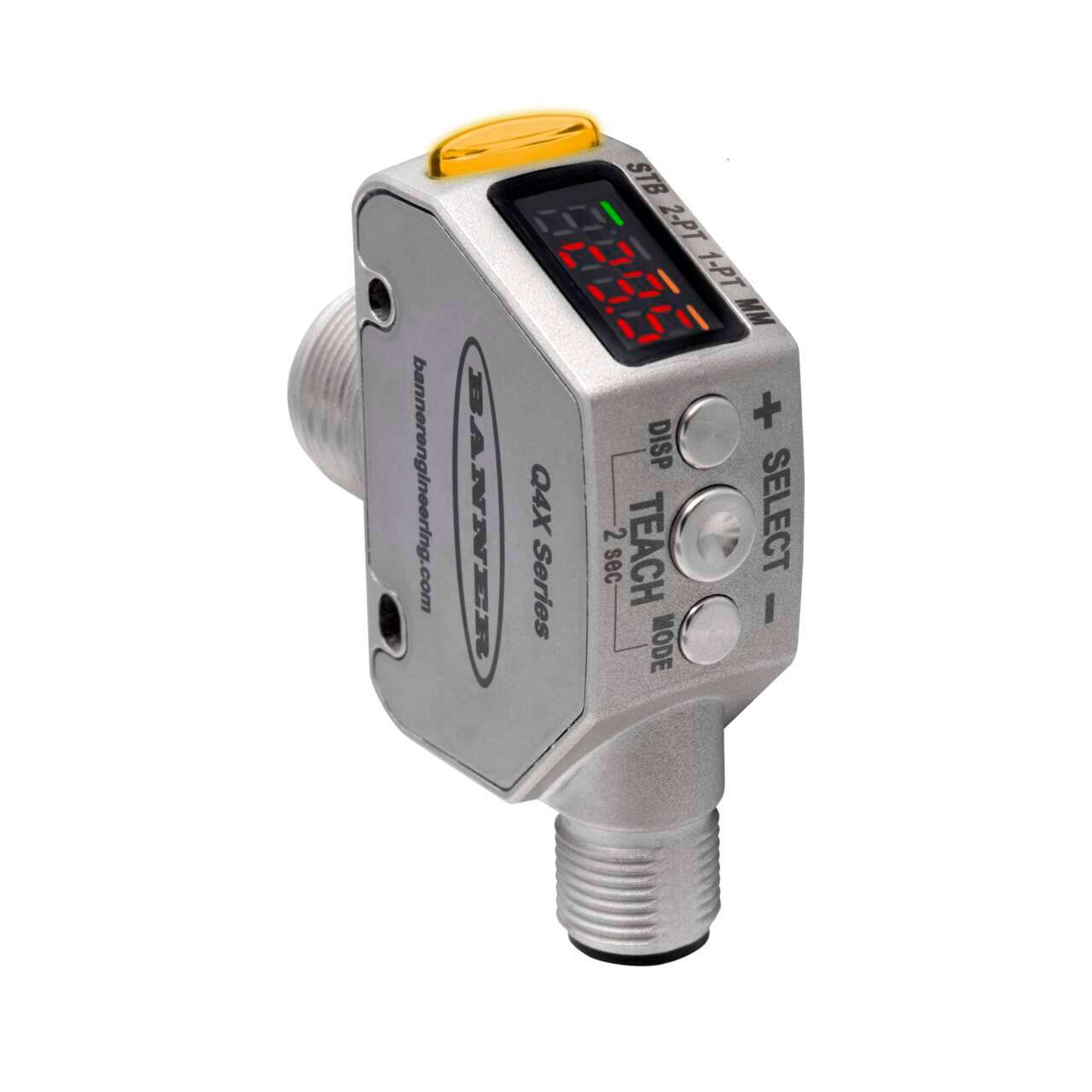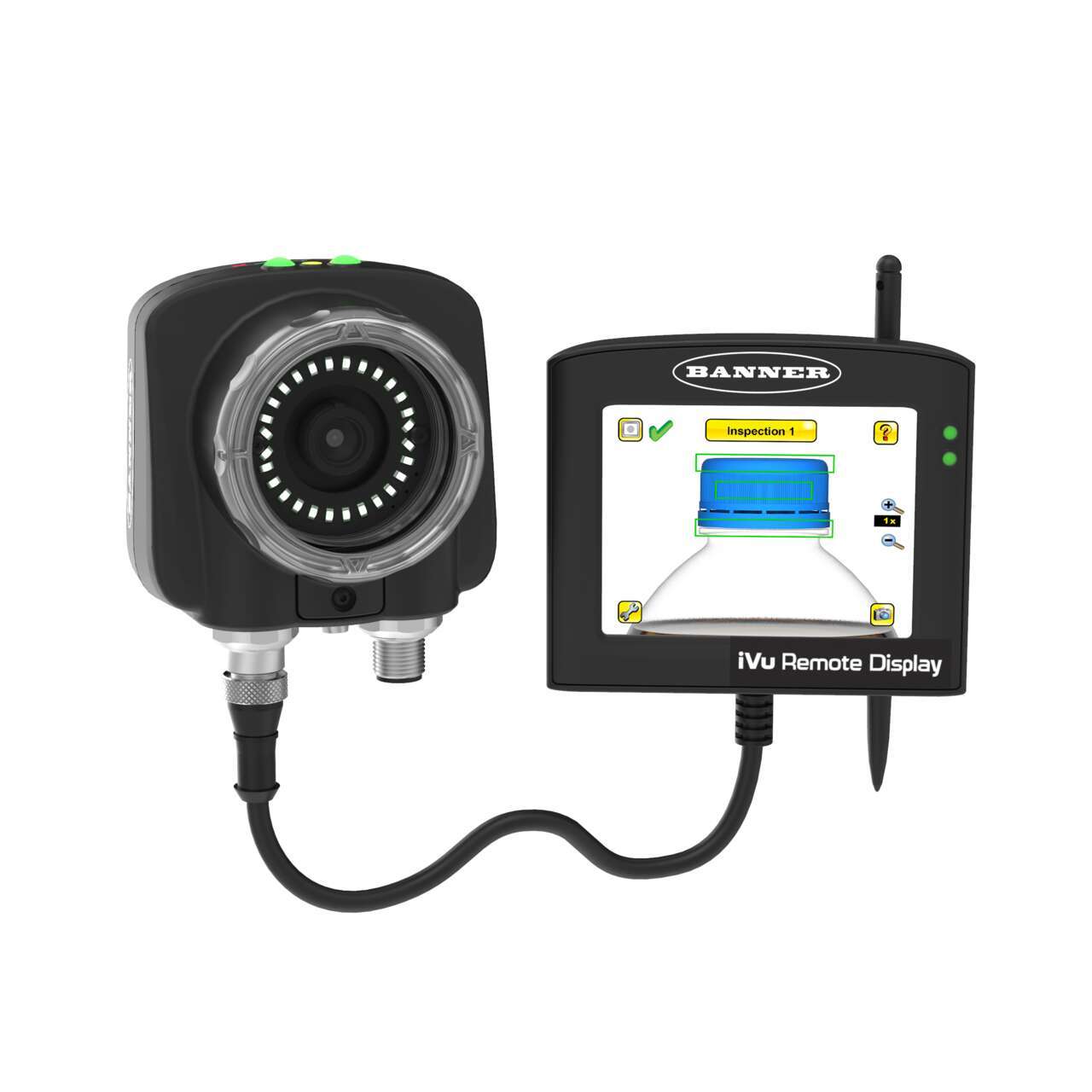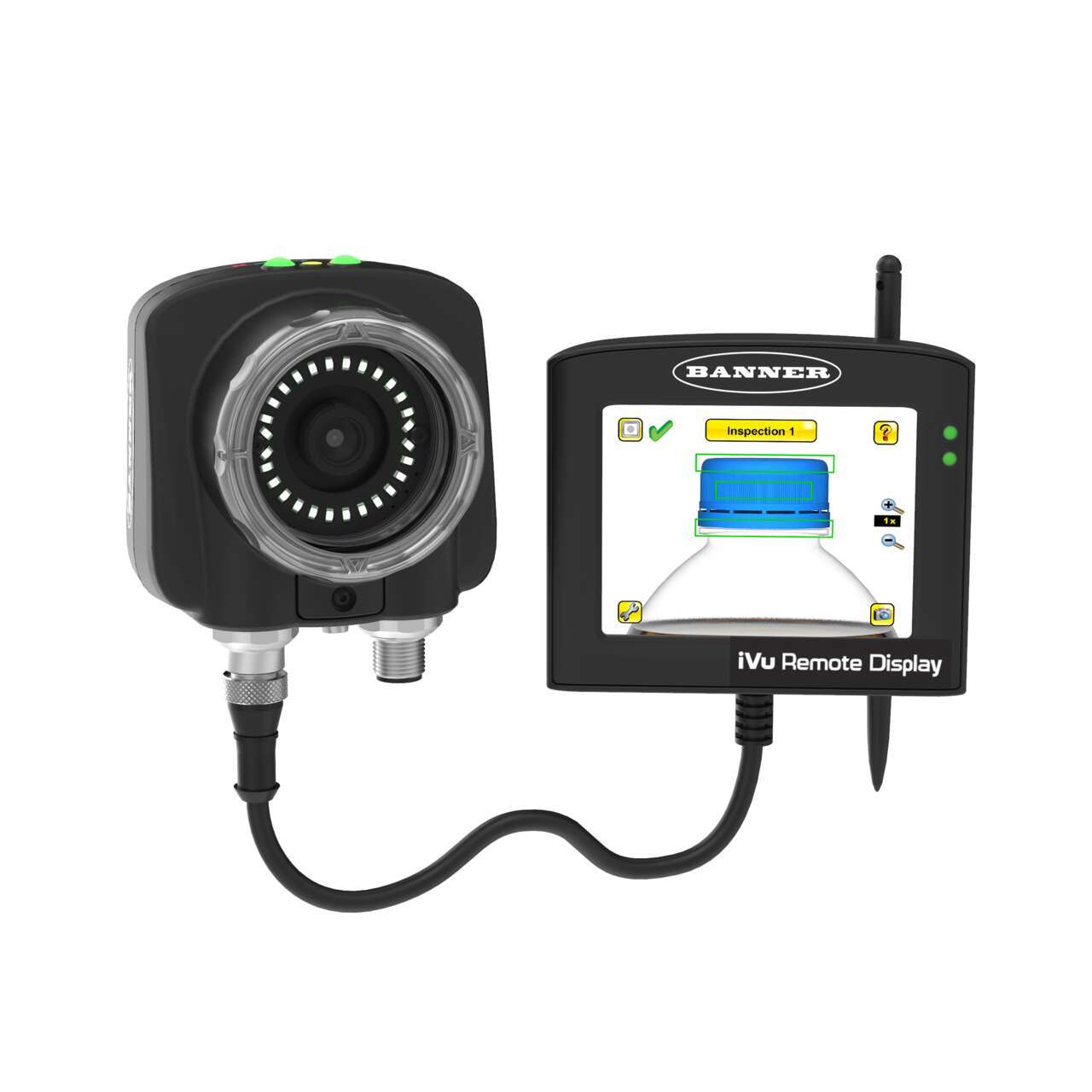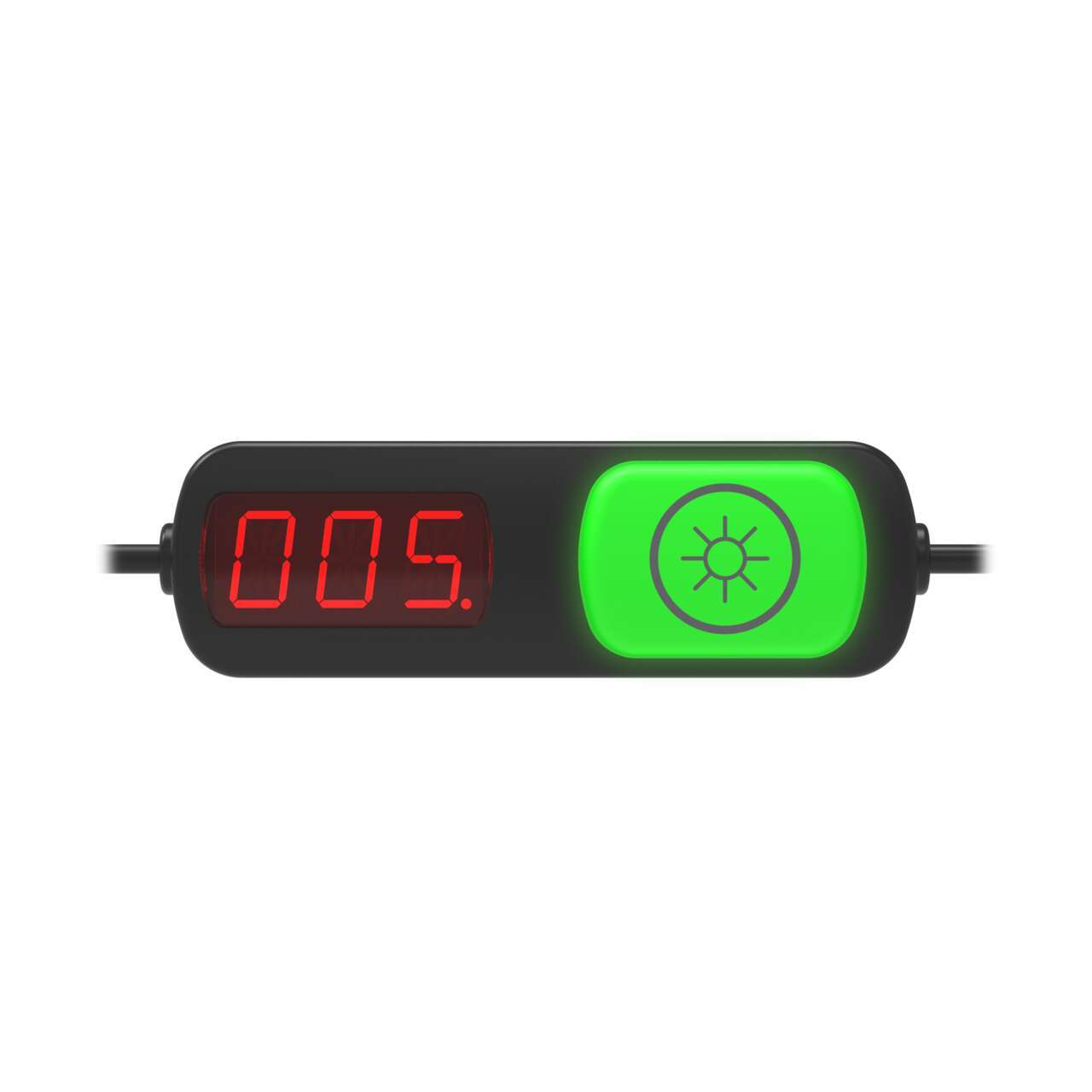Error Proofing and Poka Yoke
Prevent Errors in Lean Manufacturing Environments
Error proofing refers to preventing a process from resulting in defects by stopping mistakes at the source, rather than down the line.
Another word for error proofing is poka-yoke (which is Japanese for avoiding inadvertent errors). Poka-yoke design is often used to avoid human error by either warning operators when they are about to make a mistake or preventing them from making a mistake at all. Poka-yoke design makes it virtually impossible for an operator to complete an action incorrectly.
Preventing mistakes at the source can significantly improve productivity by keeping mistakes from becoming bigger problems downstream.
Quality Inspection at the Source
Error-proofing takes quality control to the next level by checking for mistakes and defects before those defects can proceed to the next stage of production. Preventing defects from proceeding from one stage of production to the next avoids wasted time and resources spent working on defective parts.
In manual processes, such as bin picking, visual warnings clearly indicate to operators when their actions are correct or incorrect using colored and/or animated lights. Light-guided assembly is an excellent example of using visual indication for error-proofing.
Meanwhile, in more automated processes, error proofing solutions like sensors and vision systems can be used to ensure poblems are corrected before a process can proceed.
Banner Engineering provides sensor, vision, and light-guided solutions for error proofing to help manufacturers increase efficiency, improve quality, and reduce downtime. Keep reading to learn more, or contact us to discuss your specific application.
- Laser measurement sensors are often a reliable solution to error-proofing applications.
- Laser sensors from Banner detect and measure the most challenging targets, for error-proofing solutions manufacturers can trust.
- For example, in metal stamping applications, it is critical to ensure that metal sheets are properly indexed on the press before stamping to avoid material waste and damage to the press die.
- The Q5X Series laser sensor reliably detects reflective targets even at an acute angle.
- The press cannot operate until the sensor verifies the leading edge of the material and confirms that the metal sheet is both present and properly indexed.
- In some applications, a vision solution can be an excellent choice for error-proofing.
- For example, in automotive assembly, interior trim pieces are interchangeable, but vary in color, making it easy to install the wrong piece. As assembly progresses, correcting errors becomes more difficult.
- An iVu Color vision sensor verifies that trim colors match the build order for a vehicle.
- If an error is detected (the wrong color trim is placed), the error must be remedied before the automotive assembly can proceed to the next step.
- Perhaps one of the most common error-proofing technologies in assembly processes is light-guided picking, also known as pick-to-light.
- Pick-to-light devices use colored LEDs to visually guide assemblers to pick the correct parts, in the right quantities, and in the proper sequence.
- This reduces the risk of human errors and speeds up build times to ensure high quality while maximizing productivity.
Rugged Laser Distance Sensor
Vielseitige, robuste Laser-Abstandssensoren bieten eine herausragende Leistung und können Entfernungsveränderungen von Bruchteilen von Millimetern erfassen.
- Ausführungen mit Schaltausgang, Analogausgang (0 bis 10 V oder 4 bis 20 mA), zur Erfassung transparenter Objekte und mit IO-Link erhältlich
- Zuverlässige Erfassungsreichweite von 25 mm bis 610 mm
- Erfassung von Zielen in diversen Farben, Materialien und Oberflächen anhand der Entfernung
- Doppelter Programmiermodus (Intensität und Entfernung) eignet sich ideal für Fehlerprüfungsanwendungen und ermöglicht die Erfassung transparenter Objekte ohne Reflektor
- Robustes Gehäuse der Schutzart IP69K aus Edelstahl in FDA-Güte
Vision Sensor
Die Bildsensoren iVu und iVu Color werden zur Überwachung von Teilen auf Typ, Größe, Ausrichtung, Form, Lage und Farb- oder Farbvariationen eingesetzt.
- All-in-one solution with camera, controller, lens, and light included in one package
- Konfigurieren Sie in wenigen Minuten mit der Vision Manager PC-Software, dem integrierten Touchscreen-Display oder dem Remote-Touchscreen
- Überprüfung mehrerer Stellen mit einer Vielzahl an Grauskala- oder Farbtools
- Kompaktes, robustes IP-67 Gehäuse erhältlich, mit eingebauten Ringleuchten – in Rot, Blau, Grün, Weiß, Infrarot oder UV
- Wechselobjektive, einschließlich C-Mount, für maximale Anwendungsflexibilität
- Ethernet/IP™, Modbus/TCP, PROFINET®, PCCC, und serielles RS-232
PTL110 Series
Scalable, Versatile Pick-to-Light Devices
Die PTL110-Geräte für Bestückungsvorgänge sind multifunktionale Anzeigen mit Optionen für Touch-Taste, optischen Sensor und dreistellige Anzeige, die in Reihe geschaltet sind, um ein leistungsfähiges Kommissioniersystem zu schaffen. Mit schnellen Reaktionszeiten und flexiblen Installationsoptionen verbessern die PTL110-Systeme Geschwindigkeit, Produktivität und Qualität bei der Kommissionierung, dem Kitting und verwandten Anwendungen.
- Modelle mit optischen und Touch-Sensor-Funktionen verfügbar.
- Optionales 3-stelliges alphanumerisches Display kann zur Anzeige der Stückzahl oder anderer Anweisungen verwendet werden.
- M12-Steckverbinder für die schnelle und sichere Installation mehrerer Geräte ohne zusätzliche Kabel.
- Anzeige bietet vierzehn Farben und mehrere Animationsfunktionen, um mehrere Bedingungen zu unterscheiden.
- Gesteuert von PICK-IQ™, einem speziell entwickelten, Modbus-kompatiblen seriellen Busprotokoll, das eine gemeinsame ID verwendet, um die typische Latenzzeit zu reduzieren, die sich aus der Abfrage mehrerer Geräte ergibt.
- Kann mit der DXM700 Funksteuerung kombiniert werden, zum Einsatz auf Wagen und mobilen Kommissionierstationen.
